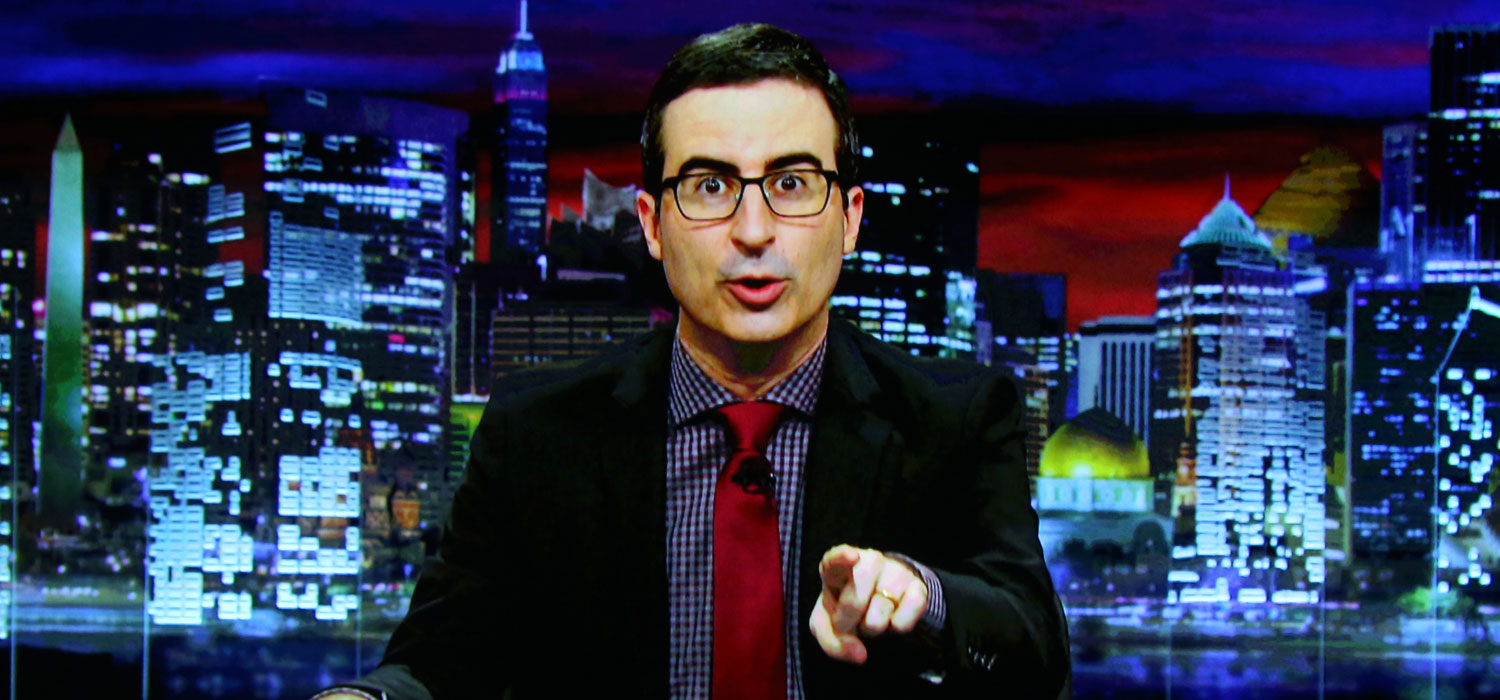
This week’s episode of Last Week Tonight with John Oliver took on debt buyers, agencies that purchase delinquent debt for cents on the dollar and collect on that debt. Oliver revealed that for $60,000, he purchased $15 million in medical debt that he then forgave, eliminating debts for over 9,000 consumers. Oliver’s move is bold, but given that 77 million Americans have debt in collections, regulatory and policy changes—in addition to generous TV hosts—are needed to seriously address this issue.
More than a third of American consumers have debt in collections, which is debt that is at least 180 days past due. That debt can come from various sources, such as overspending on credit cards or an unexpected health emergency. Oliver tells the story of one family who faced an $80,000 medical bill after a four-day hospital stay that wasn’t covered by insurance.
While the Affordable Care Act may be cutting down on medical debt, an estimated 19 percent of American consumers had medical debt in collections in August 2015, according to my calculations using data from a major credit bureau. The Consumer Financial Protection Bureau has shown that medical debts are different from other types of debt because they often stem from a confusing billing process or astronomical costs, rather than an unwillingness to pay. In fact, most people with medical collections pay their other debts on time.
When families cannot pay, they can become caught up in a vicious cycle of debt, with interest payments and late fees compounding their sometimes insurmountable debt loads. In addition, debt in collection can adversely affect their credit scores, decreasing their financial opportunities in the future.
While debt recovery is important to expanding access to credit and reducing the price of credit, debt collectors capitalize on unpaid debt, purchasing severely delinquent debt from traditional lenders like banks and from medical practices, utility companies, gyms, and other companies. After purchasing (at a steep discount) debts that the original lenders have been unsuccessful in collecting, the collections agencies can attempt to collect the original amount from consumers. Collecting can be difficult because the debts collectors are attempting to recoup are often old or may be debts that consumers believe they don’t need to pay.
While many debt collectors use fair practices to collect the debt, others do not. Oliver showed debt collectors using collection practices such as repeated, aggressive phone calls, contacting consumers’ employers, and serving debtors with confusing lawsuits.
Some regulations have been enacted, such as IRS regulations included in the Affordable Care Act that require nonprofit hospitals to wait 120 days and get approval from the board before using extraordinary collections actions (e.g., garnishing wages)to collect on bills. The Consumer Financial Protection Bureau is also engaging in rulemaking and litigating around debt in collections, including suing a robo-calling debt collector. But as Sunday’s episode of Last Week Tonight demonstrates, more regulation is needed. Oliver can’t forgive everyone’s debt, but hopefully he can get policymakers to pay attention.
Tune in and subscribe today.
The Urban Institute podcast, Evidence in Action, inspires changemakers to lead with evidence and act with equity. Cohosted by Urban President Sarah Rosen Wartell and Executive Vice President Kimberlyn Leary, every episode features in-depth discussions with experts and leaders on topics ranging from how to advance equity, to designing innovative solutions that achieve community impact, to what it means to practice evidence-based leadership.